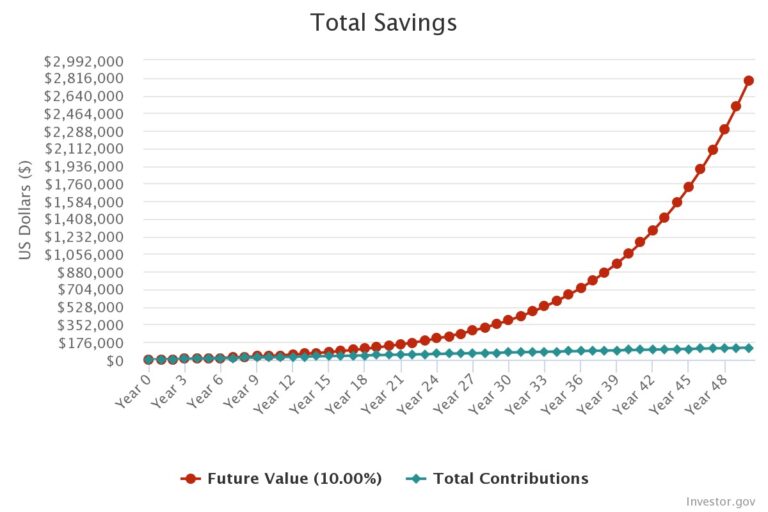
The AI Boom in HR: What Does it Mean for Your Business
Artificial Intelligence (AI) and its use in HR departments across the world has grown during the past year, this tech boom is changing how companies

genesis.studio has been focusing on finding new ways to improve the Mental Health of its team, providing information and helping people to know more about this subject while conducting initiatives that allow people to express how they feel this process should be better.
We believe that it’s ok not to be ok and if people don’t feel good in their workspace, they should make that known to a fellow coworker, manager, or HR technician, so they can be helped accordingly.
To the World Health Organization (WHO), Mental Health is “a state of well-being in which the individual realizes his or her own abilities, can cope with the normal stresses of life, can work productively and fruitfully, and is able to make a contribution to his or her community”.
In this definition, Mental Health is much more than the diagnosis and portability of mental disease or deficiency. It is how people can deal with their daily lives in a healthy and safe manner.
Just like physical health, you can easily notice when something is not right with your mental health. Physical symptoms like extreme tiredness, prolonged fatigue, headaches, sleepiness, digestive problems, or insomnia are common, but you should also be aware of psychological symptoms like negative thoughts and constant lack of motivation.
This is usually the tell for a pessimistic state of mind that can result in anxiety, burnout, or depression, three of the most common mental health issues.
Most people spend about one-third of their lifetime at work. It is of the utmost importance that the working hours represent a good experience for each individual because the opposite can cause permanent damage to their mental health.
The most common contributors to work-induced stress are:
Different people can find one of these aspects to be more relevant than the others because there is no one-size-fits-all solution for working experiences. The key is to have an open communication channel with people and the flexibility to adjust experiences and workflows to their expectations, within a reasonable spectrum. Not addressing problems at their core or disregarding the aspects that lead to their appearance can cause serious mental health problems, such as:
Burnout has been included in the international disease classification by WHO in 2019, resulting in an occupational phenomenon, which means it is usually the result of a professional-induced problem and not necessarily a medical condition. According to the Portuguese Psychologist Order (OPP), “occupational stress is the second most reported health problem related to work in Europe”.
Burnout syndrome is a response to work chronic stress that can cause damage in all dimensions of a person’s life: physical, emotional, mental, behavioral, and social. It results in a detachment of the person regarding their family and friends, a lack of empathy, and a feeling of dehumanization. This exhaustion process is usually accompanied by feelings of professional disorientation, weariness and emotional instability, guilt feelings for underachieving professional expectations, and a sense of isolation.
In 2020, the English website Small Business Prices has conducted a study in European countries and has concluded that Portugal is the #1 at risk for workers burnout, based on the analysis of parameters such as happiness index, average wage, and the number of weekly working hours.
Anxiety is a normal emotion, experienced by everyone in their daily lives and characterized by feelings of tension, concern, and insecurity, while physical symptoms include an increase in blood pressure, heart frequency, sweating profusely, mouth dryness, tremors, and dizziness.
Nonetheless, when it shows itself very frequently or is a constant state of mind, it is a problem. It is estimated that 1 in 6 Portuguese people has anxiety problems, which can affect children, teenagers, adults, and the elderly. If not properly addressed, it can escalate to serious phobias or panic attacks.
In a professional environment, anxiety is usually an indicator that something is frightening or worrying the worker, in a frequent or constant manner.
Depression is the most frequent health problem at the work, and the main cause of incapacity, according to WHO. It is estimated that affects over 10% of the Portuguese population.
According to the Portuguese Psychologists Order (OPP), “depression is an intensive and persistent pain experience in which a person feels deeply miserable and sadly most of the time, has easy crying and irritable temperaments, is feeling down and even disinterested in its usual activities”. It is characterized by negative thoughts of failure and lack of self-esteem, feelings of sadness, and lack of pleasure in daily activities. It can also manifest itself through lack of concentration or motivation, trouble sleeping, and decreasing of the ability to make decisions.
Most people who experience Depression, when helped by professionals, can recover their well-being in about 80% to 90%. When people don’t ask for or get professional help, Depression can affect deeply and negatively their lives and how people think, feel, and behave, damaging relations with family and friends, and also can destroy their sense of life meaning and purpose.
When a worker is not feeling well, the team can feel it and the company gets fewer results.
Here are some of the scenarios that can happen if companies are not aware and invested in taking care of their people’s Mental Health:
This means that Mental Health is a key factor in business results and companies’ success. It is increasingly something that decision-makers should consider in their corporate plans.
There is no magic solution that will guarantee that all workers will be healthy forever. We can provide some ideas that might help, but the state of mind of each person only depends on themselves and their own individual circumstances. You might want to try the following:
At genesis.studio, we will continue to value this important subject and learn even more about it. If you have any suggestions or want to know more, feel free to contact us here or by email.

With the concepts discussed in this article, we truly believe that the main way to fight the rise in inflation rates and promote the continuity of our purchasing power, is through investment and not through savings. There is always a risk associated with investing but having a diversified investment portfolio is an extremely important factor in reducing exposure to market volatility and, finally, having a percentage of our portfolio allocated to compound interest investments is an excellent way to maximize the return on investment.
If you want to join a company whose culture focuses on personal and professional development, addressing topics such as financial literacy and helping its employees to succeed, you can apply to work with us, see all jobs available or send us an email!

Artificial Intelligence (AI) and its use in HR departments across the world has grown during the past year, this tech boom is changing how companies

Hey everyone! After 7 years in the IT recruitment game, I’ve seen firsthand how AI is shaking up the way we write our resumes. Buckle

A Inteligência Artificial já esta presente nas nossas vidas há muitos anos. Em muitas atividades do dia a dia, como quando compramos um produto online,